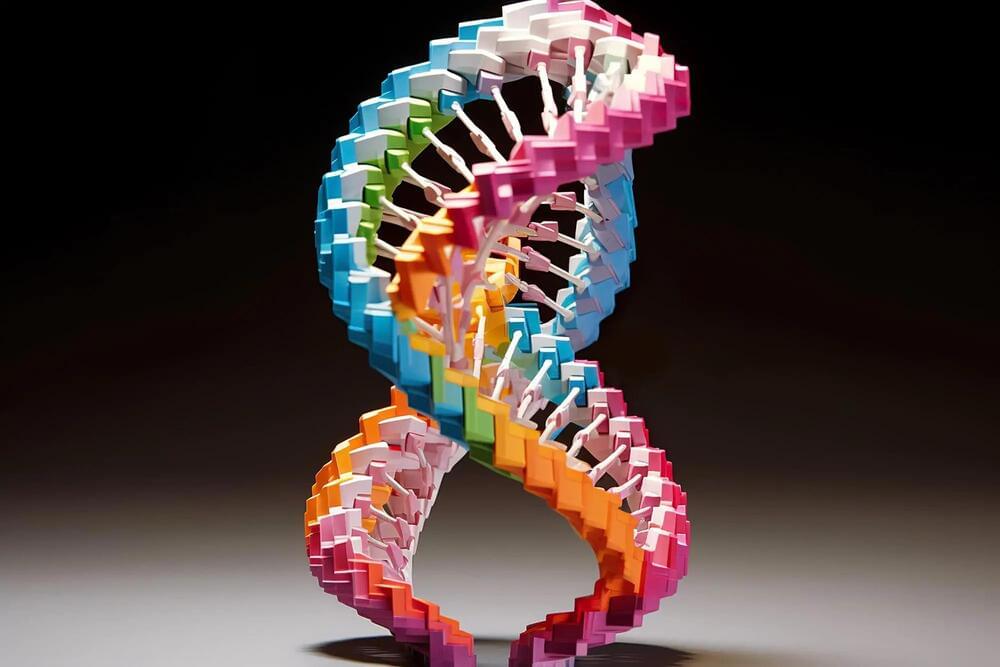Those well-established conventional IT systems, however, can no longer be taken for granted. Companies are accelerating their digital transformation efforts, automating, optimizing, and reinventing their business processes. The pace of change continues to accelerate: Deloitte reports, for example, that 58% of organizations have stepped up their modernization plans due to the covid-19 pandemic.
Many ERP apps are now being moved to public cloud services, such as AWS, Azure, or Google Cloud, while others are being replaced with SaaS-based alternatives, including Salesforce and Workday. The previously monolithic ERP platform is being deconstructed.
Enterprises now find themselves with a mixed-bag, hybrid cloud environment: some legacy core applications remain on premises, while new applications are cloud native and run in containers or as microservices.







